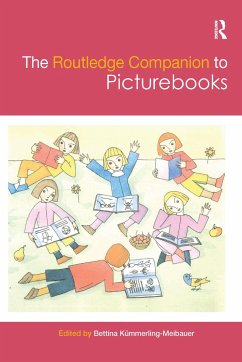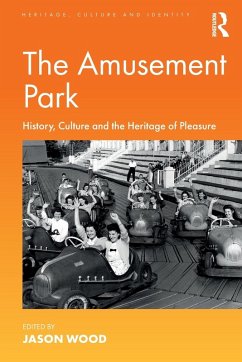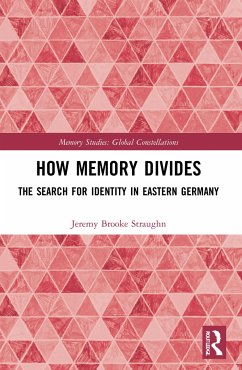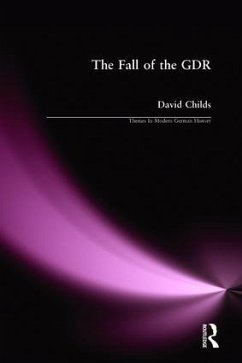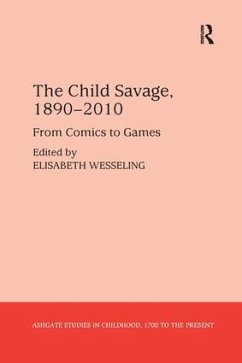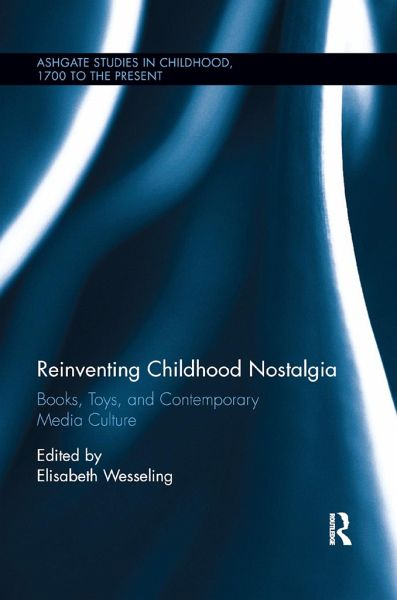
Reinventing Childhood Nostalgia
Books, Toys, and Contemporary Media Culture
Herausgegeben: Wesseling, Elisabeth
Versandkostenfrei!
Versandfertig in 6-10 Tagen
46,99 €
inkl. MwSt.

PAYBACK Punkte
23 °P sammeln!
While Romantic-era concepts of childhood nostalgia have been understood as the desire to retrieve the ephemeral mindset of the child, this collection proposes that the emergence of digital media has altered this reflective gesture towards the past. No longer is childhood nostalgia reliant on individual memory. Rather, it is associated through contemporary convergence culture with the commodities of one's youth as they are recycled from one media platform to another. Essays in the volume's first section identify recurrent patterns in the recycling, adaptation, and remediation of children's toys...
While Romantic-era concepts of childhood nostalgia have been understood as the desire to retrieve the ephemeral mindset of the child, this collection proposes that the emergence of digital media has altered this reflective gesture towards the past. No longer is childhood nostalgia reliant on individual memory. Rather, it is associated through contemporary convergence culture with the commodities of one's youth as they are recycled from one media platform to another. Essays in the volume's first section identify recurrent patterns in the recycling, adaptation, and remediation of children's toys and media, providing context for section two's exploration of childhood nostalgia in memorial practices. In these essays, the contributors suggest that childhood toys and media play a role in the construction of s the imagined communities (Benedict Anderson) that define nations and nationalism. Eschewing the dichotomy between restorative and reflexive nostalgia, the essays in section three address the ethics of nostalgia in terms of child agency and depictions of childhood. In a departure from the notion that childhood nostalgia is the exclusive prerogative of narrative fiction, section four looks for its traces in the child sciences. Pushing against nostalgia's persistent associations with wishful thinking, false memories, and distortion, this collection suggests nostalgia is never categorically good or bad in itself, but owes its benefits or defects to the ways in which it is brought to bear on the representation of children and childhood.






